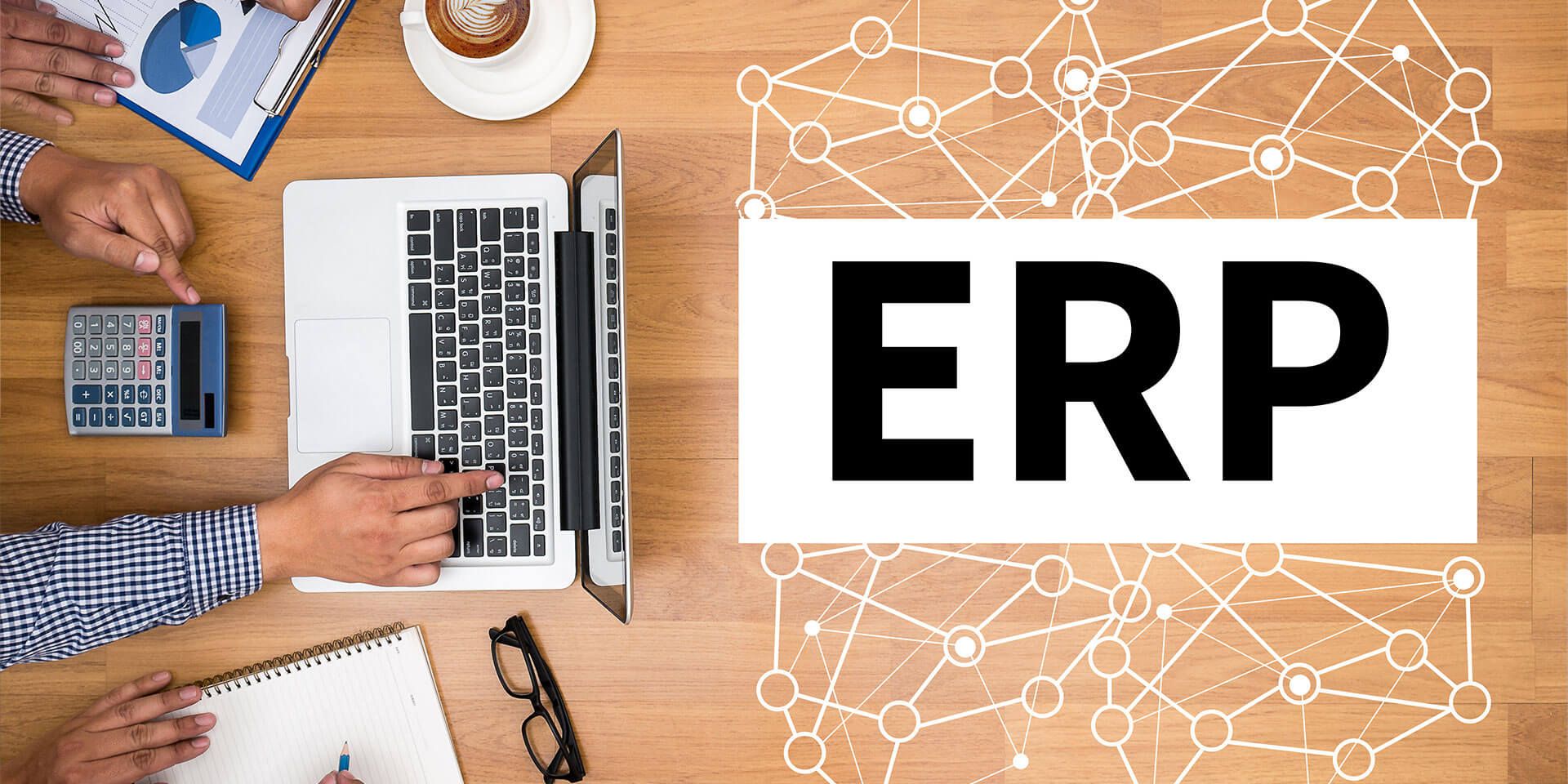
Top 5 things to consider before ERP implementation
ERP implementation involves big changes – not only in your IT operations but in general business processes too because business planning will affect every single person in the company. It’s the same equation for getting a heart transplant for your business. So, how do you ensure that the heart of your business is always beating at the start of the process, ready to emerge strong, healthy, and efficient on the other side?
-
Understand the real needs and objectives of your business
Before implementing a new ERP solution, it is important to consider what the real needs of your business are and what problems you hope to solve.
You need to know what your goals are before you start using them. You can’t get what you want unless you know what you want. As your business objective, your ERP requirements should be clear. In addition, it is important to understand what is not currently working for you, and what your goals are as you move forward.
-
Understand the true functionality of the ERP solution
Knowing the full power and capabilities of the ERP system is essential to being able to use it to its full potential. There is so much an ERP can specifically do for you and your business – but in order to maximize its advantages, you must first take the time to understand the system.
It is also a good idea to draw out the specific ERP performance you have chosen for the needs and requirements of your business and industry. By doing this internal mapping job, you can ensure that you make the most out of the work and skills that you paid for.
-
Track your data before, during, and after ERP implementation
The integrity of the data throughout the ERP implementation process is very important. Make sure you keep track of your data at all stages of the process. You need to ask: “What procedures and policies will be put in place to ensure the accuracy of the information included in the system?” And once all that data is in the system, it’s important to keep track of it. It is a good idea, too, to systematically store obsolete historical data as part of an ERP implementation program.
-
Include testing and training in your estimation of your time
You will need the patience to continue checking the system over and over as you progress through the process. And when you think you’re done, check it out again! Working on a fully tested system is more important than meeting a deadline that does not allow for a full test.
-
Involve your entire team in the launch process
Not only is it important to get your managers involved, but you also need to make sure that key team members and stakeholders are involved throughout the process as well. Give your staff a working experience in the system before live play, so that the transition from the current system to the new system does not scare the culture. Provide them essential training so that you can achieve optimum results from your ERP system.
These are important topics to consider when it comes to the success and success of your business in the years to come. The implementation of ERP is not an all-night fix, it is a difficult operation. Ultimately, the ERP system should be a growing and growing solution as your business is growing time and again. If you have any queries regarding ERP implementation you can always reach out for consultation. Click here for consultation.
